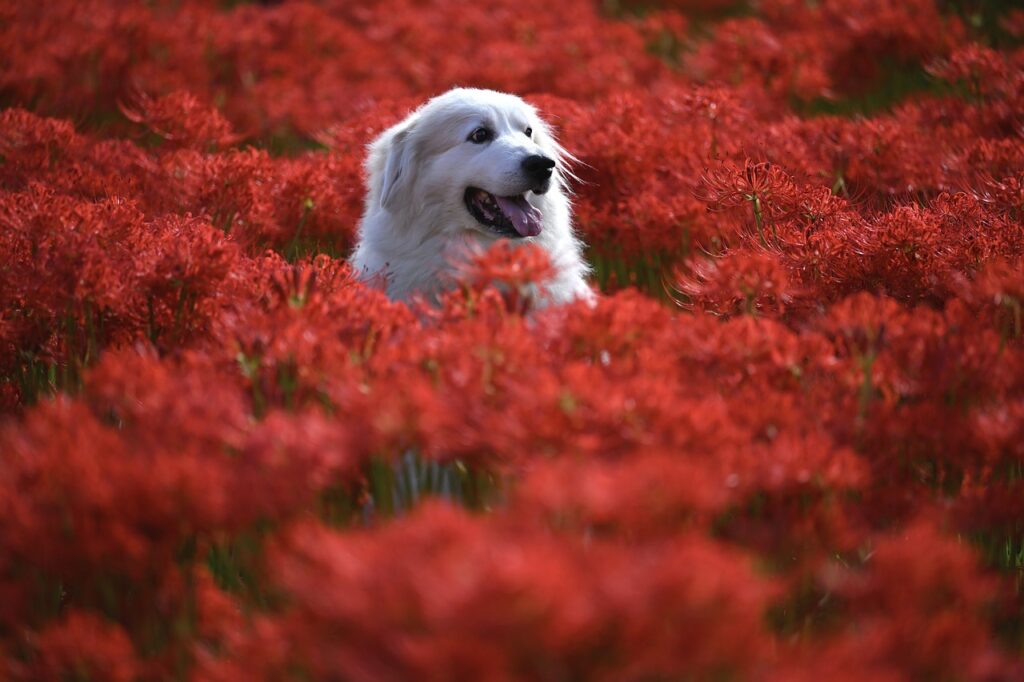Can Dogs Eat Pistachios? – No, They Can’t
For all you dog lovers wondering whether to share your pistachio snack with your furry friend, the direct answer is No. In theory, dogs can consume pistachios in very small amounts, but it’s not recommended for their regular diet. The risks outweigh the benefits here. Pistachios aren’t toxic to dogs like some nuts, but they can cause some serious health issues if consumed regularly or in large quantities. This includes pancreatitis due to their high fat content and potential choking hazards. Besides, pistachios are often salted and can contain seasonings which are not good for your canine companion.
Can Puppies Eat Pistachios?
When it comes to puppies, the answer remains a firm No. Puppies have an even smaller margin for error regarding their diet. Their systems are more delicate, so foods that are high in fat, like pistachios, can lead to digestive upset and potentially trigger pancreatitis, which can be a serious condition for a puppy.
Why Are Pistachios Harmful for Dogs?
Pistachios can lead to a few concerning health issues if offered to dogs. Let’s explore these risks:
Pancreatitis
The high fat content in pistachios can cause an inflammation of your dog’s pancreas—known as pancreatitis. This condition can be painful and lead to more severe health issues.
Choking Hazard
Small nuts like pistachios can easily become choking hazards, especially for dogs that tend to gulp their food without chewing properly.
Salt and Seasoning Toxicity
Most pistachios come salted or flavored with various spices, which can be harmful to your dog’s health. Excess salt intake can lead to sodium ion poisoning in dogs, with symptoms such as vomiting, diarrhea, and seizures.
Symptoms to Watch Out For After Dogs Consume Pistachios
- Vomiting: If your dog vomits after eating pistachios, it’s a sign that their body is rejecting the nuts.
- Diarrhea: An upset stomach can also lead to diarrhea, which may be an indication of gastrointestinal distress caused by pistachios.
- Lethargy: If your dog seems unusually tired or weak, it could be a symptom of pancreatitis or another issue related to nut consumption.
Immediate Steps to Take if Your Dog Eats Pistachios
- Remove the Nuts: If you catch your dog snacking on pistachios, take the rest away to prevent them from eating more.
- Contact Your Vet: If your dog shows any adverse reactions, consult your veterinarian for advice or an emergency visit.
- Observe: Keep a close eye on your dog for the next 24 hours to monitor any latent reactions or symptoms.
Safe Alternatives to Pistachios
While pistachios are a no-go, there are plenty of safe snack alternatives your dog can enjoy:
- Carrots – These are low in calories and high in fiber and vitamins, making them a crunchy and healthy treat for dogs.
- Apples – They provide a sweet treat and are loaded with important vitamins, just remember to remove the seeds.
- Blueberries – Full of antioxidants, blueberries are a superfood that’s also safe for your dog in moderation.
Conclusion
In conclusion, while dogs can technically eat pistachios, it’s best to err on the side of caution and avoid feeding them to your pet. The potential risks, such as pancreatitis, choking, and toxicity from salt and spices, far outweigh the minimal nutritional benefits. Always seek safer alternative snacks and remember to consult with your vet for the best dietary advice for your canine buddy.
Frequently Asked Questions
What should I do if my dog accidentally eats a pistachio?
If it’s just one, keep a close eye on your dog for any abnormal signs, and remove any leftover pistachios from reach. Call your vet if any concerning symptoms emerge.
Are any nuts safe for dogs?
While some nuts are less hazardous than others, nuts in general are not recommended for dogs. They can cause gastrointestinal distress and are always a choking hazard.
How much pistachio can harm a dog?
There’s no safe quantity because even small amounts can lead to issues over time. It’s best to avoid feeding any pistachios to your dog.
Can dogs eat pistachio ice cream or pudding?
No, these items often contain additional ingredients that are unsafe for dogs, such as chocolate, xylitol, and other nuts.



